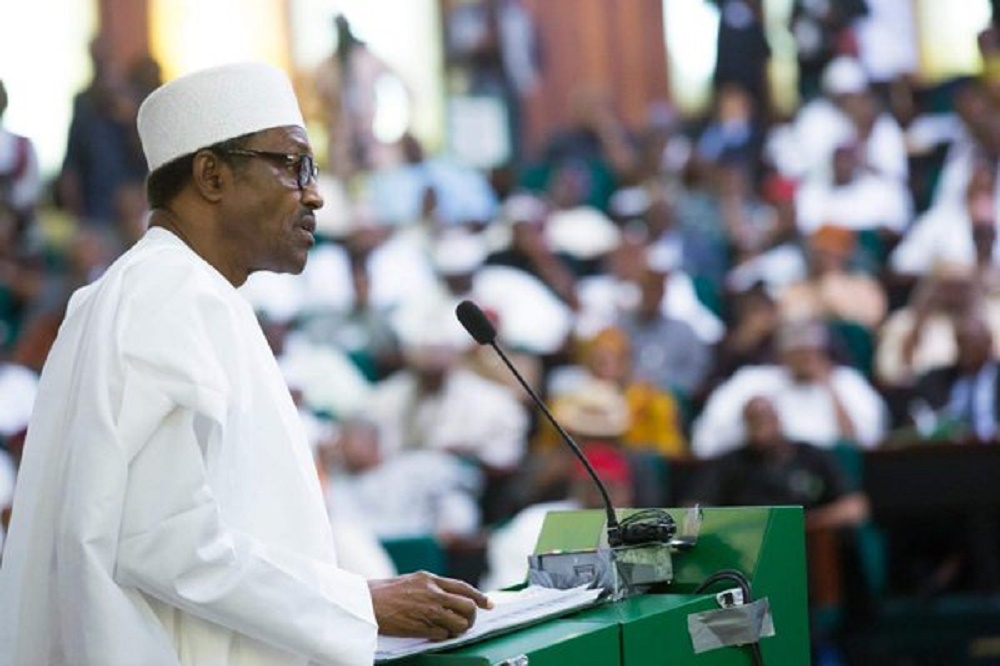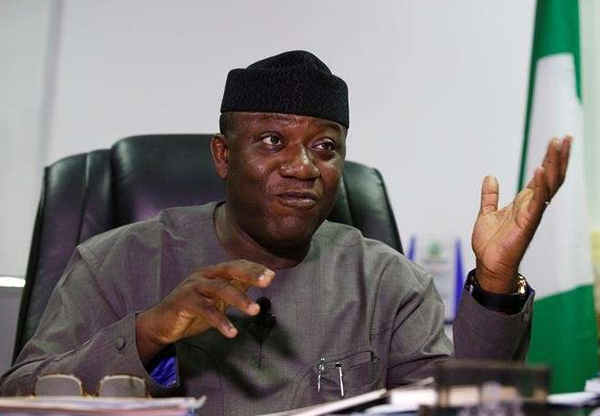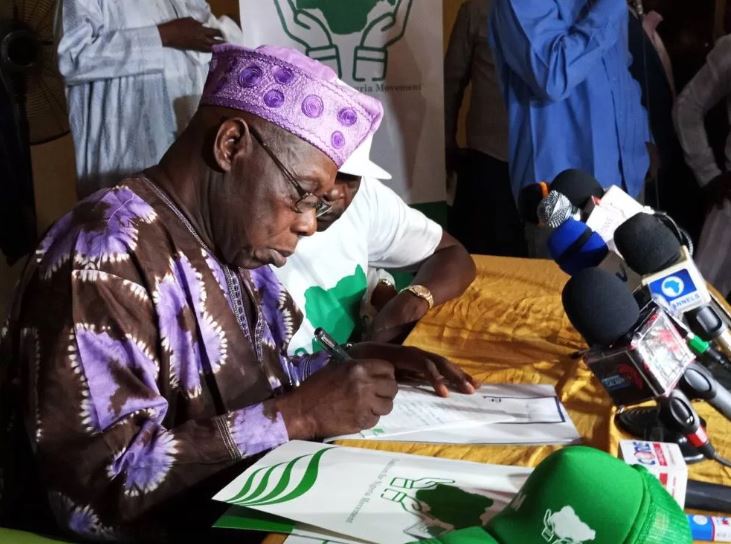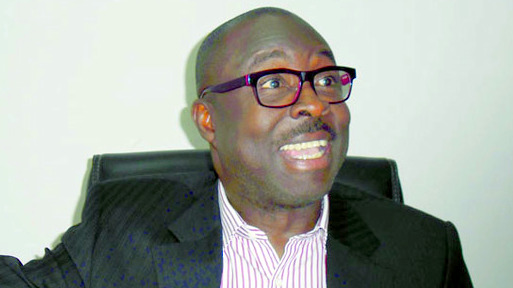In a previous post, the issue of finality of arbitral awards in Nigeria was discussed and it was concluded that the review of awards is not in itself a vice to arbitration. In this post, I share further observations on the finality debacle with emphasis on the pro-finality judicial policy in Nigeria.
Are our Criticisms Fair?:There is an increasing crop of arbitration practitioners making it to the state and federal benches in Nigeria and taking with them a firm understanding of arbitration law and the limitations of judicial intervention. Courts have generally warmed up to arbitration and the finality of its awards. Thus, the risk of overreach in Nigerian courts has reduced.
Of course, there is the notorious Nigerian case of Taylor Woodrow (Nig.) Ltd. v. Suddeutsehe Etna – Werk GMBH (1993) 4 NWLR (Pt. 286) 127, which has been much vilified for two reasons.Firstly, the decision appeared to expand the grounds for challenge of an award by a wide margin. Secondly, the decision takes cognisance of errors of law and mistakes of fact as grounds to set aside an award- a large leeway for re-litigation. Worse, the decision is that of the Supreme Court in a country where judicial precedent is the law. I too have had bad experiences arising from this decision as I have seen so many challenge applications based on even the most frivolous points and by imaginative legal argumentation, hinged to any of the tenmisconduct examples in Taylor Woodrow. To be fair, however, complaints of errors of law are an exception- the Learned Law Lords of the Supreme Court did state the law as is applicable in Nigeria today, that “‘You have constituted your own tribunal; you are bound by its decision’. The only exceptions to that rule, are, cases where the award is the result of corruption or fraud, and one other, which, though it is to be regretted, is now, I think, firmly established, viz: where the question of law necessarily arises on the face of the award, or upon some paper accompanying and forming part of the award”.
The Learned Justices adopted this exception, as can be seen, with reluctance and it is important to understand that this exception was not a creation of the Nigerian Courts- the Supreme Court had merely followed the English position as in Hodgkinson v. Fernie. That decision may no longer be the law in England as a result of legislation but as the Nigerian Arbitration and Conciliation Act has remained the same since Taylor Woodrow, the position remains.
Advertisement
However, Taylor Woodrowdoes not appear to me to have materially altered the law since in 2015, the Court of Appeal would still hold that on the question of errors of law, “when parties have referred a question to a judge of their choice…they must be bound by his decision whether the conclusion be right or wrong” (Arbico v. Nigeria Machine Tools). An error of law contemplated by Taylor Woodrowwill arise only where the legal question is the main dispute submitted for resolution to the arbitrator. A mistake of fact, on the other hand, was explained to be one that is admitted or clear beyond reasonable doubt. Proof beyond reasonable doubt is the highest standard of proof in Nigeria and to my knowledge, no challenge application on mistake of fact has met that standard yet.
Most gratifying on award finality is the decision of the Nigerian Supreme Court delivered in January 2017 in NITEL v. Okeke [2017] 9 NWLR (Pt. 1571) 439. A complaint of the appellant was that the arbitrator had not considered the evidence the way a judicial panel would have and that the tribunal did not analyse the pleadings as a court would. The Supreme Court rejected this argument and held that “[a] court should not therefore upset the expectation of the parties except for the clearest evidence of wrong doing or manifest illegality on the part of the arbitrator”. The Supreme Court stated expressly that a challenge application is not a merits appeal and deprecated the appellant’s approach of attacking the substance of the award rather thandemonstrating the alleged misconduct. Fortunately, the Court considered Taylor Woodrowand was not persuaded that the conduct of the arbitrator in question fit into any of the broadTaylor Woodrow examples of misconduct.
Accordingly, Taylor Woodrowmay make for easy criticismbutitdoes not appear that it has significantly altered the law on award finality- an award is still final and binding in Nigeria, whether its conclusion be right or wrong. Of course, the criticism against Taylor Woodrowis not really that it altered the law but that it has led to a deluge of mischievous actions to set awards aside. The problem with this criticism is in its very framing – if an application is mischievous or made with a hidden untoward intent, the state of the law is essentially immaterial and even if the Nigerian law were to be interpreted or amended to reduce the ground of challenge to one stringent ground, mischievous party representatives will still bring applications to set awards aside and tie them to that sole statutory ground. The problem is, therefore, the mischief of the party representatives and not the courts. And if the position in Taylor Woodrowis no longer the law in England because legislation has changed the challenge landscape, then blame should lie at the feet of the Nigerian legislature, not the courts. Certainly, a panacea for the criticisms is perhaps in the clamour for an effective judicial system in Nigeria where challenge applications are heard timeously and effectively as opposed to the current norm where challenge applications even when ultimately refused,stay in courts for long periods, sometimes as long as a decade.
Advertisement
The point is, for arbitrators, the concern ought not to be the litigious nature of party representatives but the judicial policy of Nigeria. The law as it is may disappoint the party-representative and arbitration user who have to contend with (frivolous) set-aside actions after an award but the disposition of the courts before and after Taylor Woodrow (as well as the pro-arbitration stance of the current Chief Justice who has issued arbitration practice directions to all courts) should encourage the arbitrator.
Post Script: There is some value to award challenge. The truth is that more damage will be done to arbitration if parties leave with an award which they are convinced was tainted by bias but cannot challenge for fear of appearing litigious- or simply because it is forbidden. Secondly, just as the number of concluded references speaks to the competence of an arbitrator, the number of challenge applications resolved in the arbitrator’s favour speaks to his or her suitability and integrity; thus, it may actually be an additional medal to an arbitrator to have his or her awards and procedural orders subjected to the scrutiny of some authority. Should the award survive, so may the arbitrator- I recently came upon the example of a renowned Kenyan arbitrator who was challenged five times from one reference and is today an example of the arbitrator under fire.
Thirdly, challenge applications, where eventually shown to be meritorious, do the arbitration world a vital favour. In Nigeria, Judges and Justices are subject to the discipline and oversight of the Judicial Council. Before their appointments, they ought to show certain qualifications and pass a test and then immediately upon appointment, are subjected to intensive judicial training. This system of pre-appointment checks is remarkably absent from the arbitrator-appointment process as anyone can be appointed to discharge the quasi-judicial role of an arbitrator, in ad hoc references especially (checks however exist, I am aware, in institutional references in which the institutions or certain officials/organs thereof play roles similar to that of the Judicial Council in litigation). Also, while the Court system is a public system utilising public records available for public scrutiny, an arbitral reference is the business of the parties and with a water-tight confidentiality direction, will remain so for life. Without an employer or Judicial Council to oversee the arbitrator and with the reference being such that the public cannot keep an eye on, all sorts of misdeeds could occur unchecked. Successful award challenges therefore spotlight the worst of arbitrator behaviour. Arbitrators are guided by such decisions in knowing what amounts to acceptable determination, what manner of party indulgence is too much indulgence, what level of procedural equivalence they must afford the parties and what manner of directions to make or decline, going forward.
Adenipekun is a senior advocate of Nigeria.
Advertisement
Views expressed by contributors are strictly personal and not of TheCable.
Add a comment







